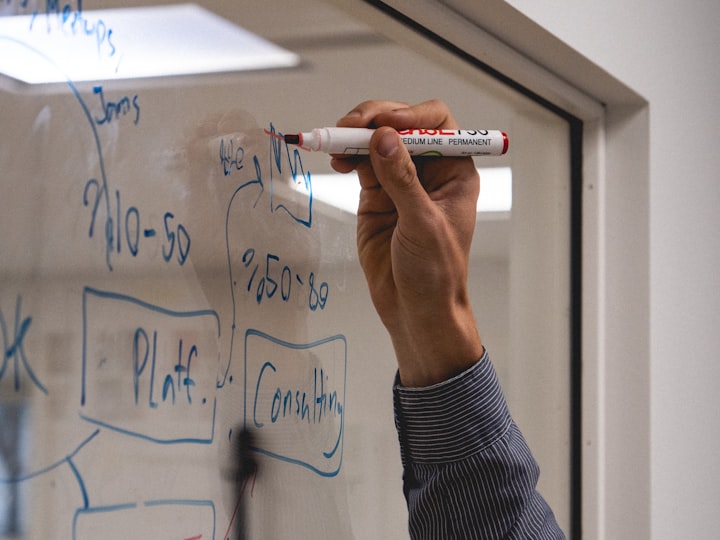Are your holding space and time for yourself?
Exploring the power of holding space and time for yourself and your growth and potential.

During my career and work, I’ve found it can be hard to hold space for your own learning and development as an employee. Sure many employers support learning and development. Perhaps empower provides an L&D budget or even has occasional training or lunch and learn sessions. But I’ve found that deep and useful learning often requires more space than that. Deeper learning takes not only learning about something new, but also reflecting on it, applying it, and ideally creating something new with it such as applying it in a project. It’s those additional types of learning that make a learning durable, remembering it for your future self when you need it. Learning is also often based on real time emergent needs that aren’t met by having one class or conference a year. That type of learning requires finding and holding more space - time and energy for deep learning and application.
There are a few different tactics that I've tried to have and hold more space. I’ve found that blocking off time for learning can be effective especially at the beginning of my day when my energy is fresh and my mind is unclouded by the tactical needs of projects and teammates. Even so, it’s important for me to commit to myself to not check email, Slack, etc during these times to not distract myself. I also find it helpful to be in a different physical space while learning, such as a coffee shop where I’m less likely to be distracted by a coworker. It’s not that I’m ignoring important work or my coworkers, rather I need space for learning to effectively support that work and those coworkers. I’ve also found that external commitments can be helpful in holding space, such as signing up for a course or cohort which has an existing schedule. That schedule is doing the job of holding space for my learning and development. Most recently I’ve been trying a new experiment with my work at Workit called Learning Co-Sharing.
Learning Co-Sharing is a new benefit we’re testing together where Workit lets me use my work hours each week for my personal learning and development, matching 50% of my learning hours up to 8 hours per week. So for example, if I spend 4 hours on a Friday or Sunday morning learning about something that I personally want to learn and that could also benefit my coworkers and Workit, 2 of those hours are billable as Workit hours. As part of this experiment, I also share my big takeaways and insight notes as I see opportunities that could potentially be helpful. For example, I recently shared some notes and insights on how we could apply Bloom’s Taxonomy for learning to the Workit fellowships. This started based on a personal learning goal around learning strategies and tools to make my own personal research and learning more durable.
The magic here is really about aligning incentives and integrating execution. Taking another example, one of my other current learning pursuits is learning about Acceptance and Commitment Therapy by reading A Liberated Mind. There are no projects objectives at Workit called “incorporate Acceptance and Commitment Therapy into Workit fellowships”. But I have a hunch that ACT as a whole and some of it’s mindsets, practices, and tools are going to help me show up as a more helpful person, help me be a more supportive co worker and manager, and provide useful mindsets, practices, and tools for future Workit fellowships and how Workit operates as a whole. I’m not exactly sure how. Right now I’m learning. I need the space, time, and energy to learn about unknown unknowns so that someday they can turn into some of the benefits I envision. If I had to find 8 more hours in my week above and beyond my Workit hours it likely wouldn’t happen. But if 4 of those hours are part of my Workit work week, then it's much more likely to happen. I’m much more incentivized to make space for that learning. Instead of benefiting me OR benefiting my coworkers and Workit, it's to "our" benefit. Instead of learning on my time OR Workit's time, it's occurring on "our" time. It’s aligned and integrated through the Learning Co-Sharing.
I’m only a month into the Learning Co-Sharing experiment. I’m sure I’ll have more thoughts and learnings to share in the future. But I’m glad to be trying a new experiment to overcome the challenges of learning in a fast paced collaborative job. And I’m glad Workit is a supportive partner in my learning and development - both personally and professionally. And I’m excited to be trying new strategies and tactics together.
What is getting in the way of your learning and development? How can you hold space for yourself? How can you align and integrate incentives between your needs and your employers needs?
-Adam Zolyak



Comments ()